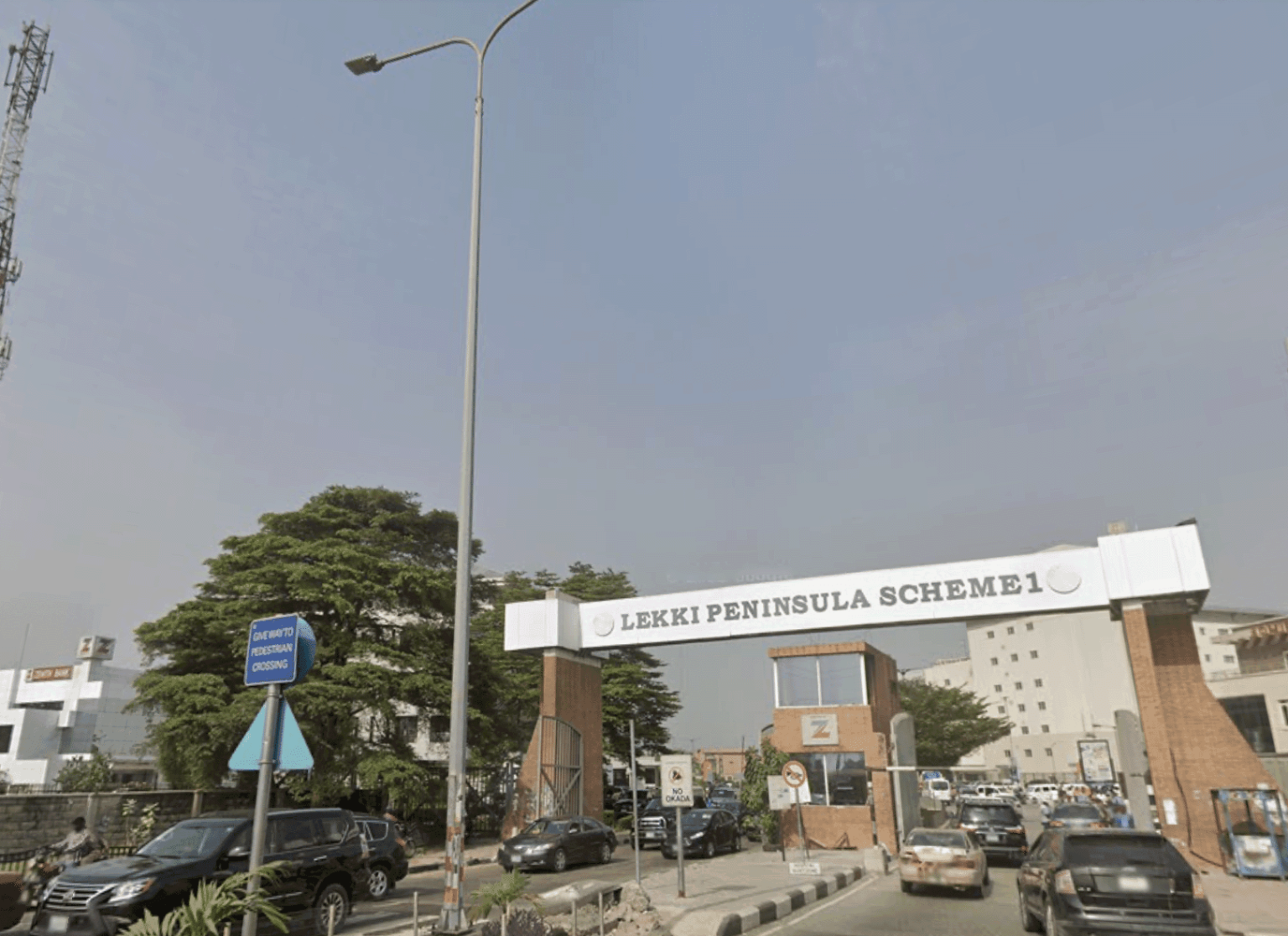In Lagos, the allure of luxury estates promises a lifestyle on par with global cities like Dubai and London. Yet, beneath the gleaming facades, many residents endure a daily reality that falls far short of expectations. Despite paying exorbitant sums in rent, mortgages, and service fees, those living in high-end neighborhoods such as Lekki Phase 1, Ikoyi, Victoria Island, and Banana Island face chronic infrastructure failures crumbling roads, unreliable water supply, and power,outages remain common frustrations.
Paul Omenka, a Lekki resident, describes his community’s luxury as an expensive mirage. “You’d expect seamless amenities in these estates, but the truth is that many households still rely on private boreholes or water tankers because municipal water is unreliable,” he explains. Roads deteriorate quickly after rains, turning into mud pits, while waste management is inconsistent. Open or blocked drainage channels invite mosquitoes and heighten flood risks.
Despite these conditions, residents continue to pay hefty service charges, often running into hundreds of thousands or millions of naira annually. “The issues go beyond power cuts and potholes,” Omenka says. “Security, which should be guaranteed in gated communities, is often subcontracted to poorly trained guards. Even minor rains can leave streets waterlogged for days.”
Compared to cities like Dubai or Johannesburg, where luxury estates offer round-the-clock utilities, pristine infrastructure, and transparent management, Lagos’s premium properties fall short. “Service charges here seem more focused on fee collection than actual maintenance or resident engagement,” Omenka adds. This growing gap between cost and quality has many questioning the sustainability of paying top dollar for underwhelming living conditions.
Real estate developer Deji Giwa’s experience highlights the depth of the problem. Owning a property on Banana Island intended for short-let business, Giwa has faced persistent challenges with poor water quality and frequent power outages. “For two years, the water has been brown and foul-smelling—unusable for cooking, bathing, or even brushing teeth,” he reveals. Guests routinely cancel bookings due to these shortcomings, turning a lucrative investment into a financial loss.
“I paid over N100 million upfront, hoping to generate income, but now I’m forced to live there because I can’t rent it out,” Giwa laments. Videos he shared online show taps running dry and shelves stacked with bottled water—used mainly for basic hygiene needs. Despite repeated complaints, promised improvements remain pending. “We were told a new service company would take over months ago. Why must we endure this neglect until then?”
Giwa warns that if conditions don’t improve, he will publicly name the estate, urging other residents to demand accountability.
These upscale Lagos neighborhoods Banana Island, Ikoyi, Lekki Phase 1, and Victoria Island often symbolize status and exclusivity, with properties priced from $500,000 to several million dollars. Yet, visits reveal persistent flooding, traffic congestion, and unreliable utilities problems commonly associated with less affluent areas.
Urban experts attribute these difficulties to insufficient planning, unchecked development, and poor maintenance of drainage systems. Environmental issues such as soil erosion and shrinking green spaces compound the challenges, while rising insecurity adds to residents’ concerns.
Comparatively, markets like Dubai and Johannesburg provide superior infrastructure and governance at similar price points. A report by Nigeria Housing Market highlights that although Nigerian luxury homes feature world-class amenities like pools and gyms, they still depend heavily on private generators and boreholes due to inconsistent municipal services. This contrasts sharply with international counterparts where infrastructure effortlessly supports the luxury lifestyle.
Chibueze Ekeh, a Nigerian chef based in Dubai, notes that luxury districts there, such as Palm Jumeirah and Emirates Hills, deliver uninterrupted electricity, well-maintained roads, and stringent security. “Dubai’s property market offers transparency and reliability that Lagos struggles to match,” he says.
Similarly, Johannesburg resident Iyk Christopher highlights South African estates like Sandhurst and Clifton, which combine breathtaking views with solid public infrastructure and advanced security systems. “While Lagos offers exclusivity, the heavy reliance on private infrastructure drives up costs and complicates daily life,” Christopher observes.

Estate surveyor Dr. Meckson Okoro points out a harsh reality: Lagos’s affluent communities have become self-reliant mini-governments. “Residents provide their own water, security, and other essential services because government support is minimal,” he explains. “Deep boreholes and private generators are expensive but necessary to maintain a semblance of comfort.”
He acknowledges that while water quality issues like discolored supply are often blamed on the government, factors such as Lagos’s low water table complicate matters. Residents typically rely on bottled water for drinking and purchase additional supplies for cooking and bathing. “These estates sell exclusivity and safety, but residents understand that much of their lifestyle depends on their own investments,” Okoro says.
Beyond infrastructure, residents also face wildlife challenges. Viral footage shows monkeys invading homes near Lekki Conservation Centre, damaging property and stealing food. Residents report repeated break-ins and property destruction, raising concerns about health risks.
Environmentalist Olumuyiwa Majekodunmi explains that ongoing land reclamation and habitat encroachment have pushed wildlife into residential areas. “We are the real invaders here. Urban development must find a balance with nature,” he urges.
Recent protests by over 100 estates on Lekki Island voiced opposition to the state government’s decision to lease the Lekki Coastal Road to private developers instead of repairing it. Residents fear worsening traffic and gridlock that could cripple daily life and the regional economy.
Community leaders stress the urgent need for infrastructure improvements ahead of major projects like the Dangote Refinery and new airport. They also lament the high costs residents bear in maintaining access roads and amenities.
Lagos State officials acknowledge ongoing investments in infrastructure but emphasize challenges posed by the city’s geography and resident behavior. Commissioner Gbenga Omotoso calls for improved waste management to prevent flooding, while others highlight Lagos’s coastal location and tendency for flash floods as natural obstacles.
Regarding water quality concerns, authorities direct residents to specialized agencies for investigation and stress that clogged drains, often blocked by waste, exacerbate flooding. They maintain that drainage systems are designed to manage runoff but require community cooperation for upkeep.




